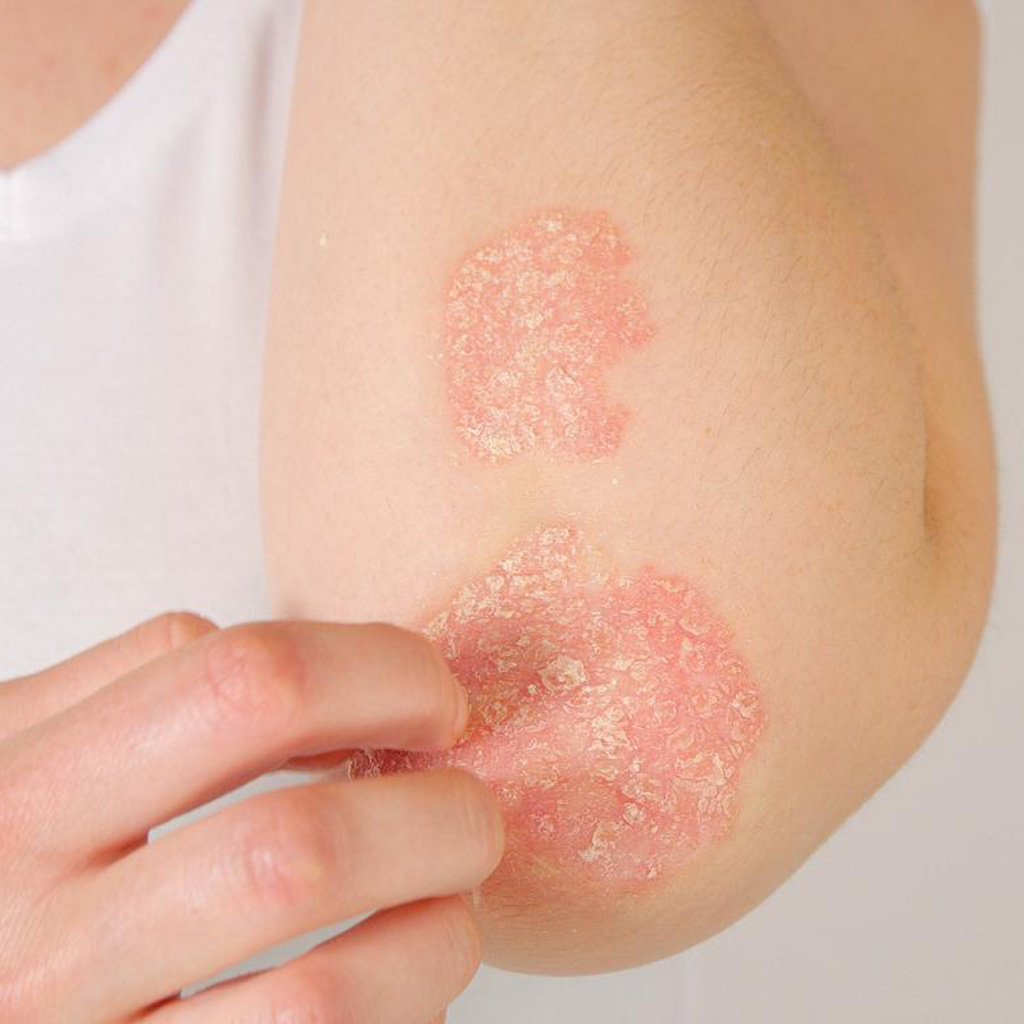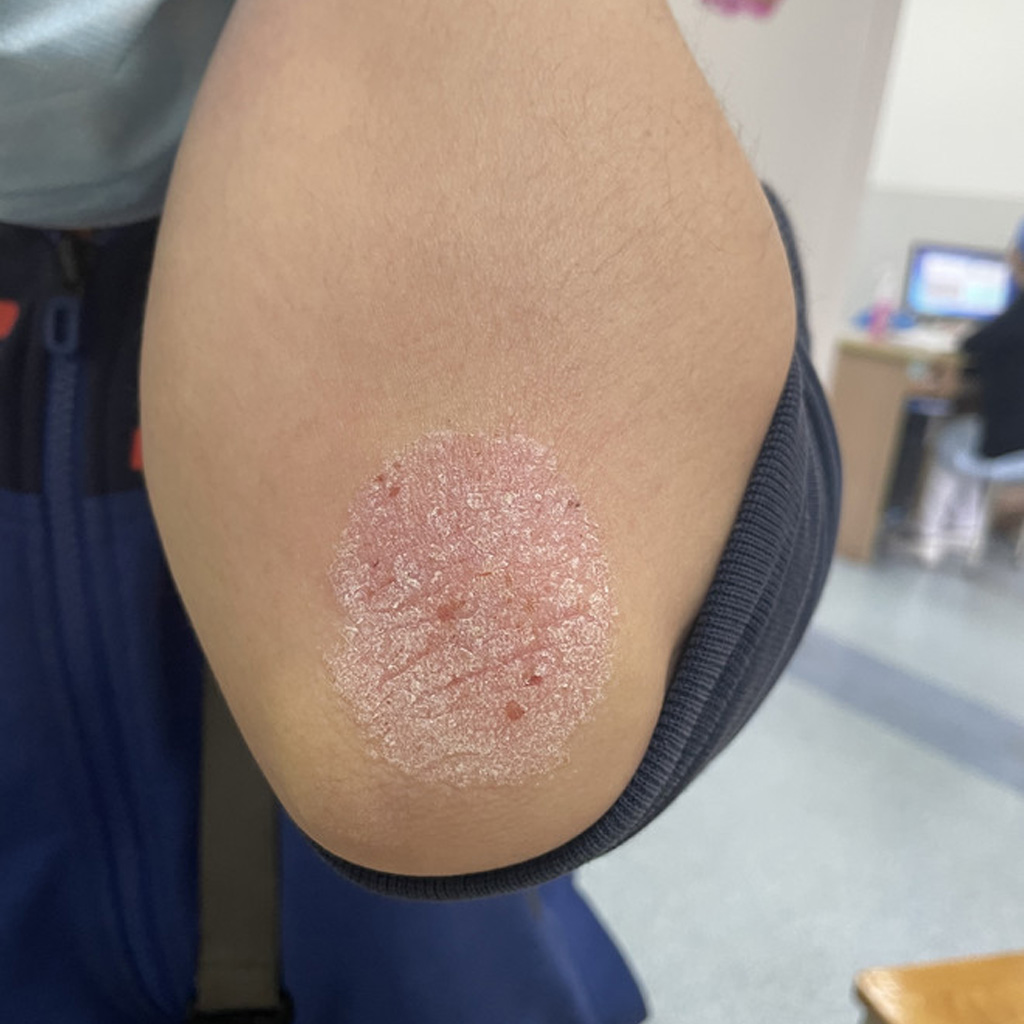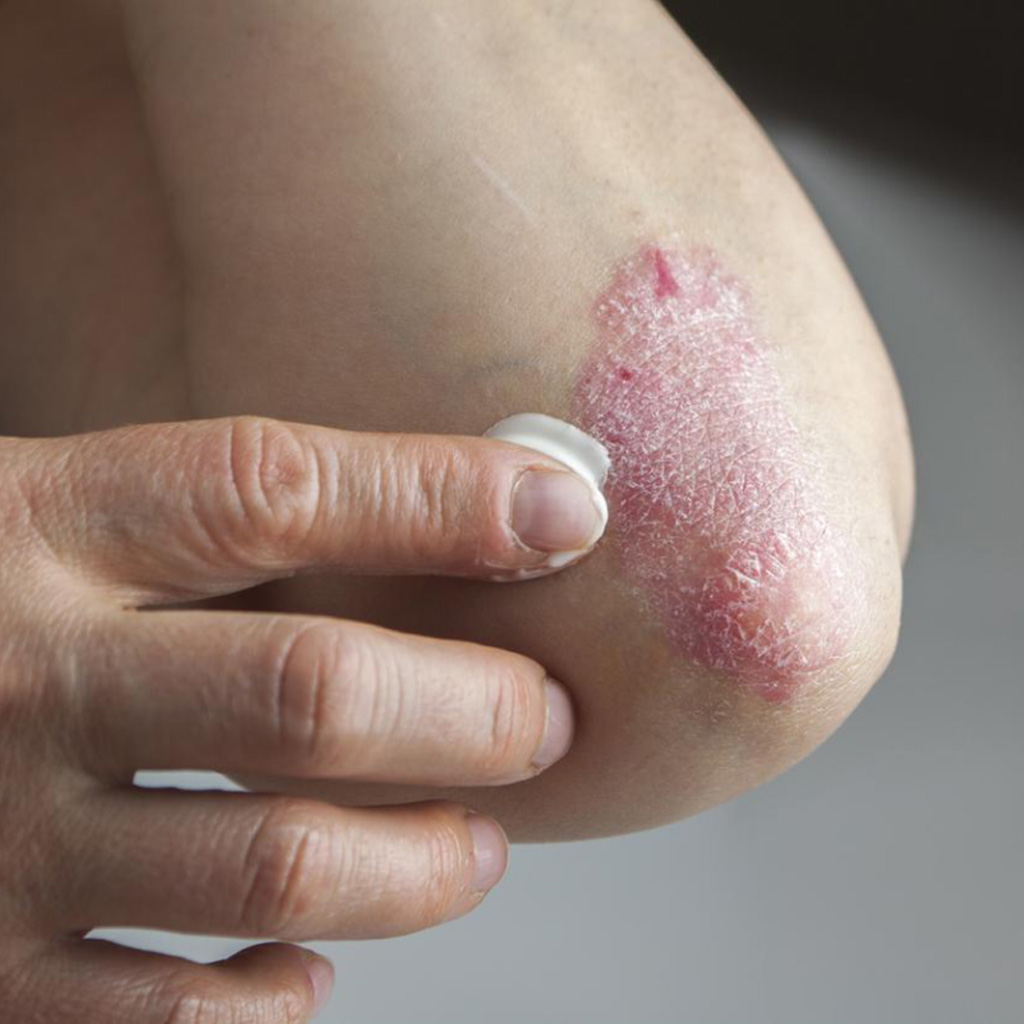Free Fire: Becoming the Hottest Tactical Competition Game in the US After Its Success in Southeast Asia and Latin America
Santander World Elite™ Mastercard®: The Perfect Travel Companion
How to Send Messages on WhatsApp Without Internet?
How Much do you Know About the Game Minecraft?
Analysis: PUBG Mobile Updates with Erangel 2.0 Map
How to Get Free Gold Bars in Candy Crush?
Plaque psoriasis is a chronic and debilitating skin disease. It affects millions of people worldwide, characterized by red patches and raised skin lesions. They are usually covered with white or silver edges and often appear on the scalp, knees, elbows, and lower back.
If you have plaque psoriasis or someone you know does, it’s important to be aware of what causes it. Additionally, understanding its symptoms is essential. It is important to discuss various treatment options for this condition to find an effective solution.
This guide will help you understand the symptoms and know about the treatment options for this deadly disease.
What is plaque psoriasis?
Plaque psoriasis, also called psoriasis vulgaris, is one of the most common types of psoriasis. It is a chronic inflammatory disease that mainly affects the skin. It happens because of problems with the immune system.
The term “plaque” refers to the thickened scaly patches that form on different parts of the body. The most common body parts affected by this disease are the scalp, knees, elbow, and lower back.

How common is plaque psoriasis?
About 2%–3% of people worldwide are affected by plaque psoriasis, making it one of the most prevalent chronic skin disorders.
This can occur at any age but is often common between 15 and 35 year olds. The chances of catching the disease are increased by factors like family history, obesity, stress, and reactions to some pharmaceutical drugs.
It is not easy to live life with plaque psoriasis. Visible symptoms affect a person’s self-esteem and quality of life. Thick, scaly patches might appear on the elbows, knees, scalp, or lower back, resulting in discomfort.
Many people suffering from this disease also experience intense itching that causes more scratching and damage to their skin.
The exact cause of plaque psoriasis is known. Research has indicated that there are genetic as well as environmental factors associated with it.
Genetic predisposition makes someone more likely to get it. Additionally, high levels of stress, infections, and some medications can aggravate the symptoms.
Treating plaque psoriasis typically involves medical interventions and lifestyle changes. Doctors frequently prescribe topical creams containing corticosteroids or vitamin D analogues to decrease inflammation and aid in healing of the skin.
Targeting problems in the immune system beneath systemic medication or biologic therapies may also be used for severe cases thereof.
Recognizing symptoms in plaque psoriasis
Plaque psoriasis has different symptoms in people. However, some of the shared symptoms include:
●Physical Symptoms: At times, plaque psoriasis appears as red, raised areas on the skin. These patches are covered with thick, silvery-white scales. They may be itchy, painful, or both.
Sometimes there is dryness, cracking, and bleeding of the skin. The severity of symptoms varies from individual to individual.
●Effects on Mental Health and Well-Being: Skin is not the only area that this disease affects. It may lower self-esteem because of visible patches and feelings of embarrassment and isolation. It’s important to offer support and understand the emotional impact of this condition.

Diagnosing Plaque Psoriasis
A dermatologist or health care professional makes the diagnosis of plaque psoriasis. They will examine your skin and ask you for your medical history. Sometimes, additional tests like a skin biopsy might be required. This is to exclude other diseases and confirm that it is indeed plaque psoriasis.
●Medical history and physical examination: The doctor will ask about your medical history and any past skin issues. They will also check your skin closely, looking at both affected and unaffected areas.
●Laboratory Tests and Imaging: Sometimes, blood tests or skin biopsies are needed to find other conditions. Imaging techniques like X-rays or ultrasounds might be used to check for psoriatic arthritis, which can occur with plaque psoriasis.
Treatment options for plaque psoriasis
There are different treatments that can help manage plaque psoriasis and improve quality of life. The treatment of choice depends on the severity of symptoms, overall health status, and personal preferences. Here are some common approaches.
●Topical Therapy: Topical therapies are applied for mild to moderate forms of plaque psoriasis. Such include corticosteroids, Vitamin D analogs, retinoids, or anthralin. They work by reducing inflammation, curbing cell growth, and relieving itching.
●Systemic medications: In other severe instances, oral or injectable medications may be required. These drugs target the immune system to decrease inflammation and slow down cell multiplication. Biologics, methotrexate, cyclosporine, and retinoids can be used in this case.
●Light Therapy: Phototherapy, or light therapy, is utilized in treating psoriasis by the use of ultraviolet light. This can be done through UVB therapy, narrowband UVB therapy, or PUVA therapy. It helps to slow down the growth rate of skin cells as well as reduce inflammation.

Managing plaque psoriasis
Symptoms can be managed with some proper lifestyle changes. Moisturize your skin consistently to alleviate dryness and itching.
Stress, tobacco smoking, and excessive alcohol consumption are triggers you should avoid. Phototherapy is capable of helping some individuals overcome it using controlled ultraviolet light.
It is also possible to obtain help from self-help groups or counseling. They provide a platform where people can share their stories, ask for advice, and get emotional support.
Always remember that you do not have to suffer in silence because there are various institutions that support those living with this disease.
Does plaque psoriasis ever go away?
Psoriasis is incurable. This condition does not have a cure. However, it is possible to get rid of the symptoms completely through some of the treatments mentioned above. Collaborate with your doctor to identify what will work best for you.
Plaque psoriasis remains an incurable chronic malady but can be effectively managed. Knowledge about its symptoms and available remedies can greatly enhance one’s life.
People suffering from this condition should seek medical attention in addition to making lifestyle changes that include eating a healthy diet and practicing good hygiene.
Plaque psoriasis sufferers must always talk to their medical doctors before deciding on any course of treatment, as this piece has been meant for informational purposes only.